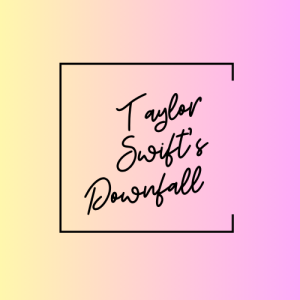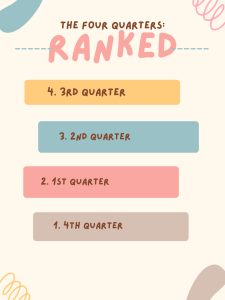Cold vs Warm Showers
December 4, 2020
By:Evan Roney
Most people wake up wanting a soothing, warm shower to start their day, but a cold morning shower can boost one’s mind and body for the rest of the day. Taking a cold shower in the morning creates a bit of shock for the body, which helps boost oxygen intake, heart rate, and alertness.
A cold shower is proven to be the best way to wake someone up in the morning, compared to a soothing, warm shower. When taking a cold shower, surface blood circulation is constricted, which makes blood circulate in deeper tissue in order to maintain an ideal body temperature. Cold water also has regenerative properties, like repairing your muscles after a tough workout.
Fat cells like brown fat generate heat when burned. These cells are located near the neck and shoulder area and can be activated by a cold shower. Cold showers are also healthy for hair and skin. With the constricted blood flow, the skin gains a healthier glow. Cold showers also strengthen hair cuticles which in turn makes hair loss occur later in life. With so many benefits, there are also a few cons, but not as many as one might think. Cold showers are unhealthy if you are already cold, as it will make warming your body back up even harder. They also do not help when someone is sick, as it stresses the immune system which can worsen an illness.
Warm showers also have their own health benefits and are important for certain situations. Warm showers are best done before going to sleep, as they activate the parasympathetic nervous system, which makes you tired and helps relax the muscles for a comfortable sleep. A warm shower can help relieve respiratory symptoms by opening airways, loosening phlegm, and clearing nasal passages. Warm showers also open up pores of the skin to help release trapped dirt and oil.
Though hot showers can be comfortable, they also have a much longer list of cons. Hot showers can damage keratin cells on the outermost layer of skin, which can lead to dryer skin, causing skin to lose the ability to hold moisture. Another con is that warm showers worsen pre-existing skin conditions like eczema. Hot showers can also cause itching and an increase in blood pressure, so it is best to avoid high heat if already have issues with high blood pressure.
Both types of showers have their own health benefits, but which is better? According to Healthline, Dr. Sebastian Kneipp that the most beneficial method of showering is called a contrast shower. This method involves making the water extremely cold for one minute, then extremely hot for one minute. He suggests repeating this cycle three to five times, but only if the person is very healthy. This method draws out the health benefits from both temperatures and can increase overall health.







